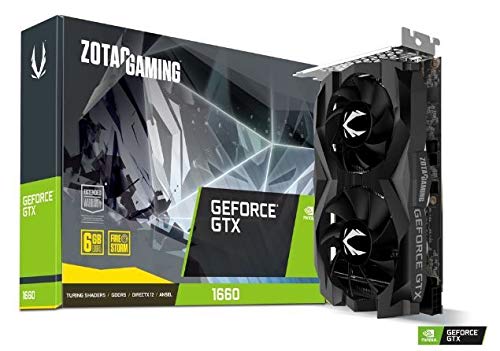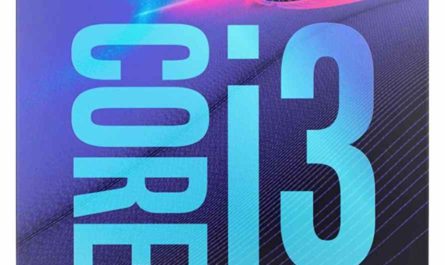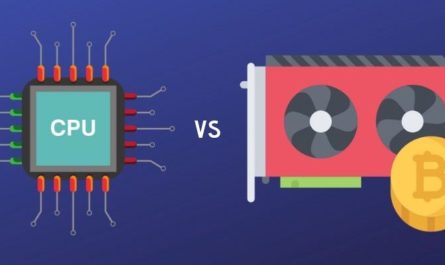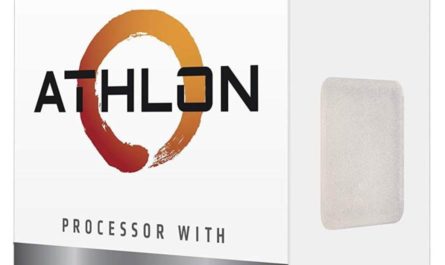Hello there, in this article we will discuss the best Graphics card under Rs 20000 in 2019. If you will ask any geek about the most important factor responsible for better gaming then he/she will simply advise you for getting a good Graphics card.
In the market, leading Graphic card technologies are brought by Nvidia and AMD. For graphics cards, Rs 20000 is quite a mid-range budget and also you will get awesome performance from the Graphics cards under this budget.
Stick to this article to find out more. And don’t forget to watch the videos below for better performance knowledge of the Graphics cards.
Contents
Best Graphics Card Under Rs 20000 in 2019
5- AMD Radeon RX 570
Base Frequency: 1168 MHz | Boost Frequency: 1244 MHz | PSU Recommendation: 450 W | Memory Speed: 7 Gbps | Max Memory Size: 8 GB | Memory Type: GDDR5 | Max. Memory Bandwidth: 224 GB/s | Stream Processors: 2048
Radeon RX 570 was introduced by AMD in Q1’2017. The 500 has a Polaris architecture with some minor upgrade over the 400 series.
It is 8 GB GDDR5 graphic card. The GPU has a base clock frequency of 1168 MHz and the boost frequency of 1244 MHz.
It has the max. memory bandwidth of 224 GB/s and PSU recommendation of 450 W. this GPU supports 4K HDMI.
Features like Radeon FreeSync Technology, DirectX 12 Technology, AMD Eyefinity Technology (Gaming), OpenCL 2.0, OpenGL 4.5, AMD PowerTune Technology, Virtual Super Resolution, etc are supported by this graphics card.
It gives over 100 fps in popular games like CS: GO, League of Legends, DOTA 2, Minecraft, etc. Don’t forget to watch Raden RX 570 performance review in the below video.
4- Nvidia GeForce GTX 1060-3GB
Base Frequency: 1506 MHz | Boost Frequency: 1708 MHz | PSU Recommendation: 400 W | Memory Speed: 8 Gbps | Max Memory Size: 3 GB | Memory Type: GDDR5 | Max. Memory Bandwidth: 192 GB/s | Stream Processors: 1152
GeForce GTX 1060’s 3 GB variant was launched in Q1’2017. This variant not only has a reduction in memory but also has a reduction in 10% processing cores from 1280 to 1152.
This graphic card has a base frequency of 1506 MHz and a boost frequency of 1708 MHz and has Pascal architecture.
It has a max memory bandwidth of 192 GB/s and recommended PSU of 400 W. This GPU supports 4K HDMI.
Features like VR Ready, NVIDIA G-SYNC -Ready, NVIDIA Ansel, NVIDIA GPU Boost, OpenGL 4.5, Directx 12 are supported by this graphic card.
It gives over 100 fps in popular games like CS: GO, Fortnite, League of Legends, DOTA 2, Minecraft, Overwatch, etc.
Getting confused which manufacturer to choose for the GPU then have a look at the below video.
3- AMD Radeon RX 580
Base Frequency: 1257 MHz | Boost Frequency: 1340 MHz | PSU Recommendation: 500 W | Memory Speed: 8 Gbps | Max Memory Size: 8 GB | Memory Type: GDDR5 | Max. Memory Bandwidth: 256 GB/s | Stream Processors: 2304
Radeon RX 580 was launched in Q1’2017. It is based on Polaris architecture. This graphic card has a base frequency of 1257 MHz and a boost frequency of 1340 MHz.
It has a max. memory bandwidth of 256 GB/s and has recommended PSU of 500 W. Features like Radeon VR Ready Premium, AMD LiquidVR Technology, DirectX 12 Technology, AMD Eyefinity Technology, OpenCL 2.0, OpenGL 4.5, Virtual Super Resolution, etc are supported by this graphic card.
It gives over 100 fps in popular games like CS: GO, League of Legends, DOTA 2, Minecraft, Overwatch, etc. Make sure to consider the below video.
2- Nvidia GeForce GTX 1060-6GB
Base Frequency: 1506 MHz | Boost Frequency: 1708 MHz | PSU Recommendation: 400 W | Memory Speed: 8 Gbps | Max Memory Size: 6 GB | Memory Type: GDDR5 | Max. Memory Bandwidth: 192 GB/s | Stream Processors: 1280
GeForce 1060 was introduced by Nvidia in Q2’2016. It is Nvidia’s third Pascal-based GPU. This graphic card has a base frequency of 1506 MHz and a boost frequency of 1708 MHz.
It has a max memory bandwidth of 192 GB/s and has a recommended PSU of 400 W. Features like VR Ready, NVIDIA G-SYNC -Ready, NVIDIA Ansel, NVIDIA GPU Boost, OpenGL 4.5, Directx 12 are supported by this graphic card.
It gives over 100 fps in popular games like CS: GO, Fortnite, League of Legends, DOTA 2, Minecraft, Overwatch, World of tanks, etc. Have a look at the comparision between both 3 GB and 6 GB variant of this GPU.
1- Nvidia GeForce GTX 1660
Base Frequency: 1530 MHz | Boost Frequency: 1785 MHz | PSU Recommendation: 450 W | Memory Speed: 8 Gbps | Max Memory Size: 6 GB | Memory Type: GDDR5 | Max. Memory Bandwidth: 192 GB/s | Stream Processors: 1408
GeForce 1660 was launched in Q1’2019. It is a slightly scaled-back version of 1660 Ti which was launched a month ago.
This is the best graphic card to buy under Rs 20000. It is based on Turing architecture. This graphic card has a base frequency of 1530 MHz and a boost frequency of 1785 MHz.
It has a max bandwidth of 192 GB/s with a recommended PSU of 450 W. Features like VR Ready, NVIDIA G-SYNC -Ready, NVIDIA Ansel, NVIDIA GPU Boost, OpenGL 4.6, Directx 12 are supported by this graphic card.
It gives more than 100 fps in popular games like CS: GO, Fortnite, League of Legends, DOTA 2, Minecraft, Overwatch, World of tanks, etc.
Don’t forget to watch GeForce GTX 1660 performance review in the below video.
Conclusion

The newly launched GeForce GTX 1660 was able to lead everywhere. It has scored the highest in every benchmark test than others in the budget of under Rs 20000.
Hence the best GPU you can buy under Rs 20000 is the latest GeForce GTX 1660. However, if you love AMD GPUs then you can go with Radeon RX 580.
GTX 1660 is the only one in this list to support OpenGL 4.6 and it also has the max boost frequency up to 1785 MHz. Going on with these GPUs will definitely fulfill your dreams to play any game at the highest resolution possible.
I hope you like this article regarding the best graphics card under Rs 20000 in 2019. If you find this article worth reading then don’t forget to share it with your friends.
- Best Graphics Card Under Rs 15000 | Massive GeForce GTX 1650 - September 15, 2019
- Best Graphics Card Under Rs 10000 | Is it even possible - September 11, 2019
- Best Graphics Card Under Rs 20000 in 2019 | GTX 1660 is AMD killer - September 8, 2019








